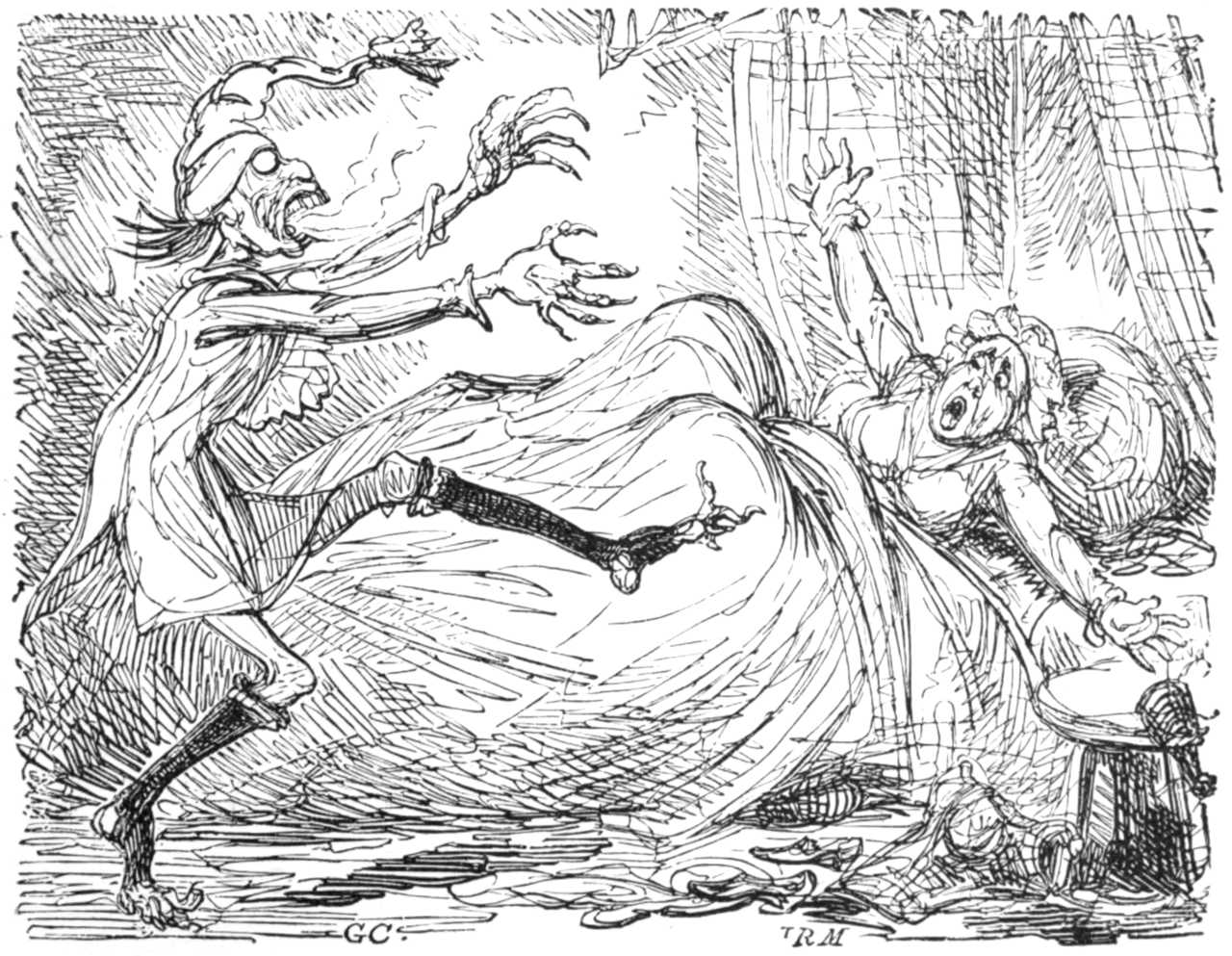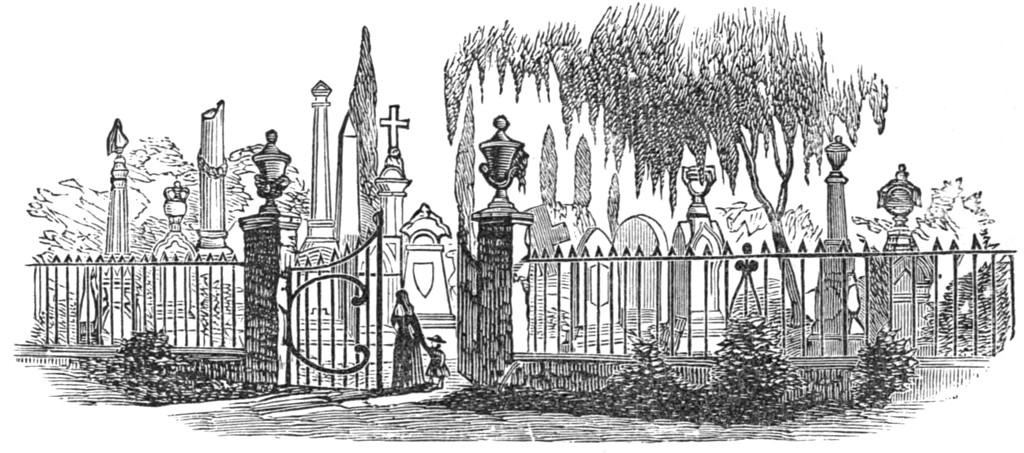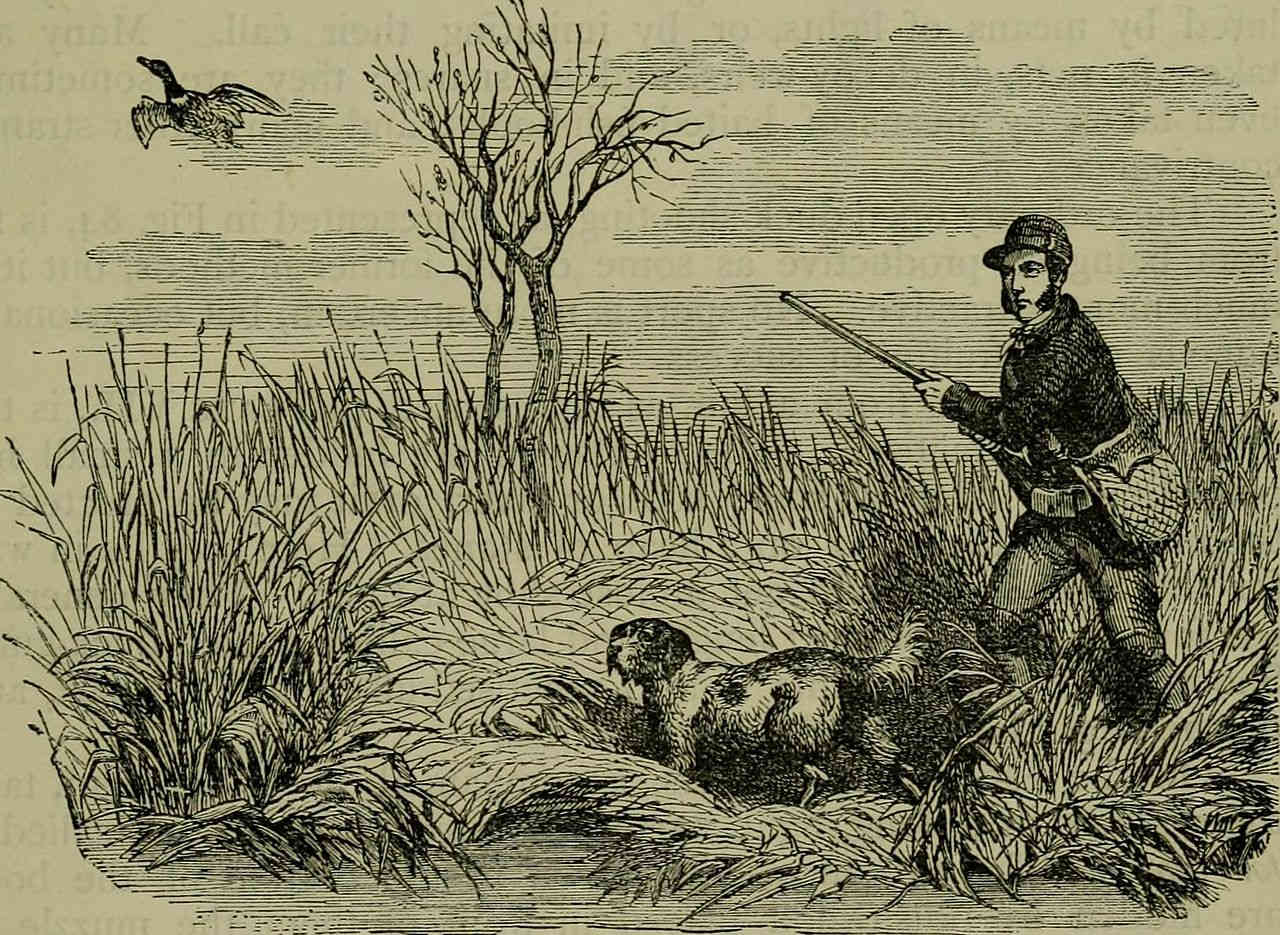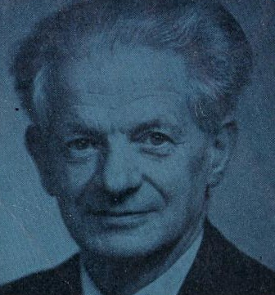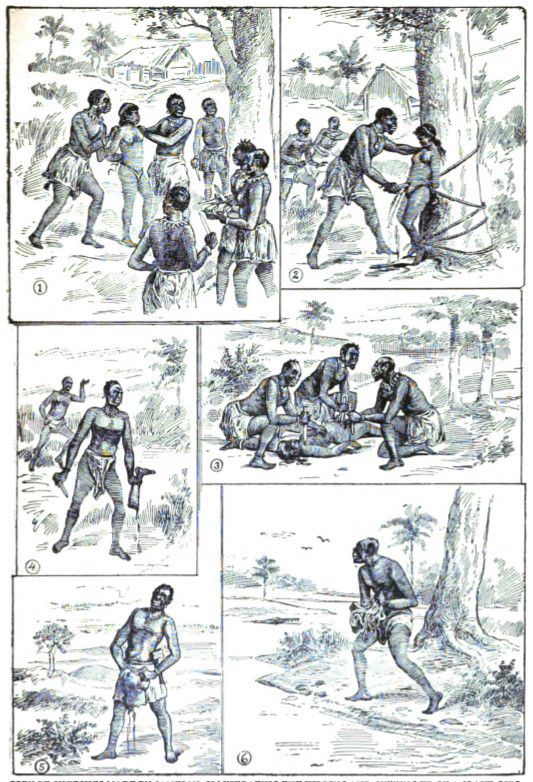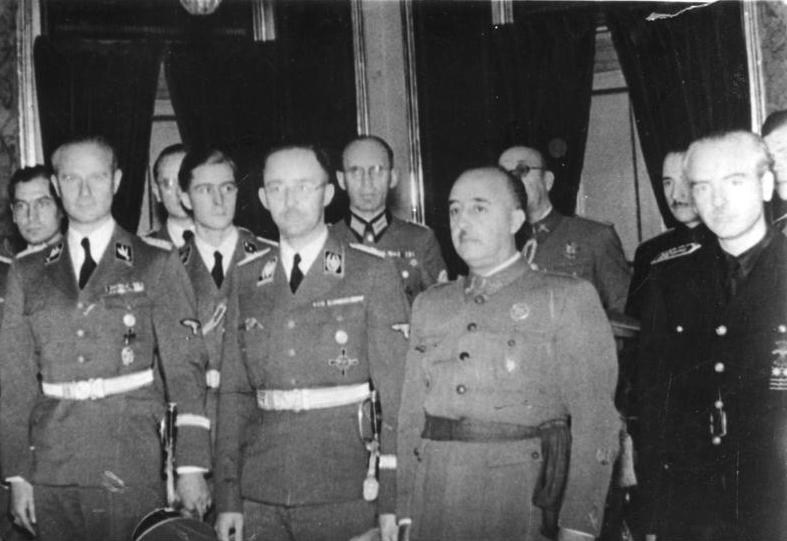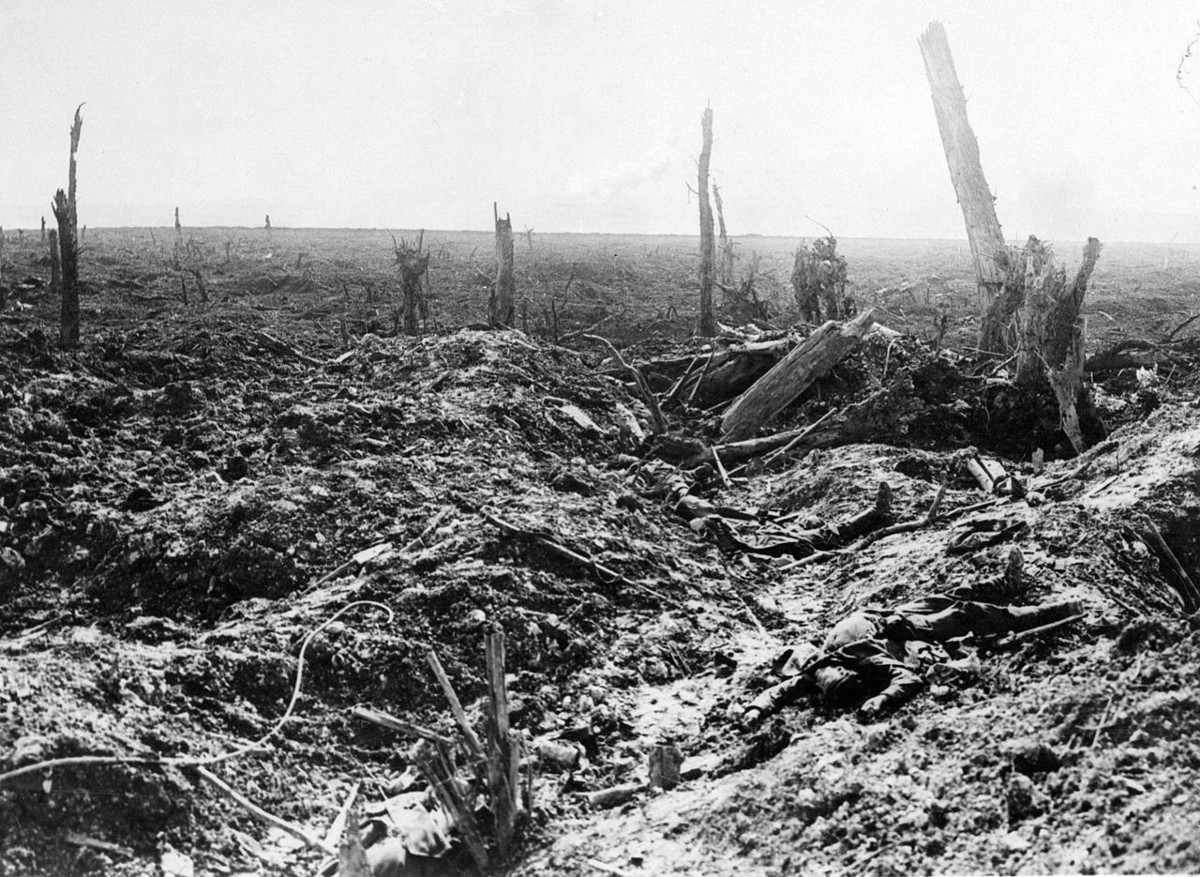
Hit by shrapnel on April 16, 1917, French infantryman Jean-Louis Cros managed to scribble this message before dying:
My dear wife, my dear parents and all I love, I have been wounded. I hope it will be nothing. Care well for the children, my dear Lucie; Leopold will help you if I don’t get out of this. I have a crushed thigh and am all alone in a shell hole. I hope they will soon come to fetch me. My last thought is of you.
The card was sent to his family.
In August 1918 the Rev. Arthur Boyce found this letter on the battlefield near Rheims. The writer had asked the finder to forward it to his family:
My dear wife, I am dying on the battlefield. With my last strength God bless you and the kiddies. I am glad to give my life for my country. Don’t grieve over me — be proud of this fact. Goodbye and God bless you. Fred
When the kiddies get older tell them how I died.
He had written a similar note to his mother. His identity could not be discovered.
(From Peter Hart’s The Great War, 2013, and Richard van Emden’s The Quick and the Dead, 2012.)


